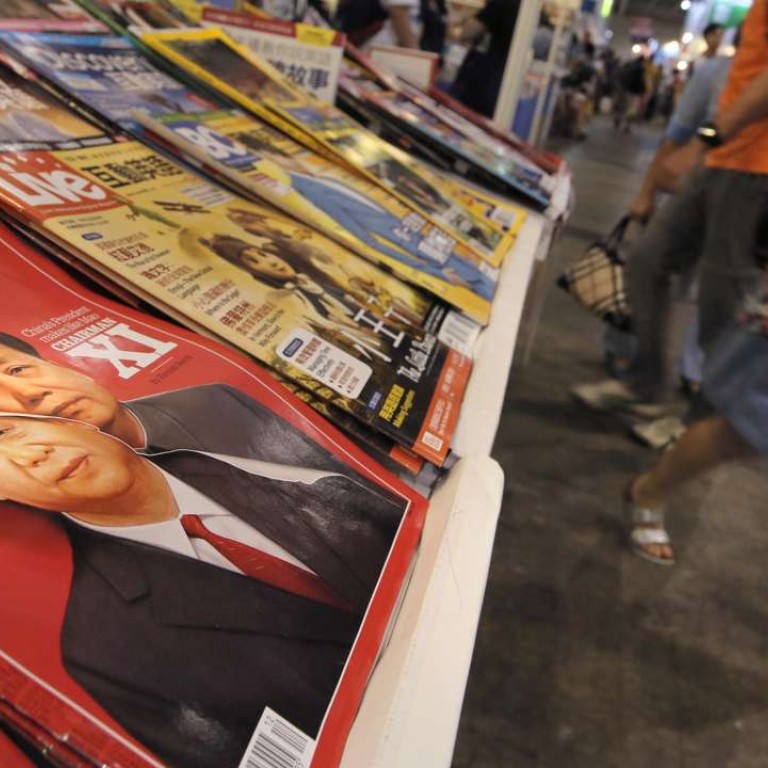
Xi Jinping is consolidating power – but for a higher purpose
Keyu Jin says the Chinese leader’s anti-corruption drive is no political purge, as some fear, but an attempt to rein in out-of-control local officials in order to strength China’s government and economy
Xi Jinping’s ambitious power play
Over the past three decades, power in China has been decentralised considerably, with provincial and municipal governments receiving, in an incremental fashion, substantial autonomy to experiment and test reforms aimed at attracting foreign investment and spurring gross domestic product growth. Moreover, they have been granted direct control over resources and local infrastructure development. As a result, subnational governments accounted for an average of 71 per cent of total public expenditure in 2000-2014 – a far larger share than in the world’s largest federal countries.
The goal was to spur overall growth by encouraging competition among regions. Local party bosses knew their career paths depended on their municipalities’ economic performance. And by working hard to spur growth, they have fuelled China’s economic rise and secured the ruling Communist Party’s legitimacy in the post-Mao era.
What would Mao have made of Xi Jinping’s China?

China’s Communist Party mouthpiece defends ability of one-party rule to tackle corruption
But decentralisation has had its downsides. It has led to substantial waste, exemplified in local governments’ massive debts. And it has spurred large-scale corruption.
In a country with stringent regulations and underdeveloped financial markets, private entrepreneurs face high barriers to starting and operating businesses. If illicit deals are what it takes to gain access to the resources and markets they needed, private firms have been more than willing to strike them.
Unless it reined in the municipal satraps, the central government could essentially kiss its reform plans goodbye
Such arrangements facilitated the entry of hundreds of thousands of private firms into the market in the late 1990s. In an era when growth was the top priority, the corruption that fuelled it was tacitly accepted, and even blithely condoned.
But corruption has spun out of control, and now threatens both China’s stability and the party’s legitimacy. Some local authorities have formed political cliques that work together to protect their illicit gains. These networks became virtually impenetrable, with many officials, by default, becoming the central government’s rivals, fiercely defending their economic interests by safeguarding their official posts and perquisites. Unless it reined in the municipal satraps, the central government could essentially kiss its reform plans goodbye.
So Xi stopped turning a blind eye to corruption. He put some local government powers back into the hands of the central authorities. And he launched his far-reaching anti-corruption campaign.
Over the past two years, officials from across the nation have been incarcerated. Rounding up a large number of senior officials (and military officers) who are perceived to be political rivals may look like a purge. But the fact is that all those who have been prosecuted and sentenced to prison terms were found guilty, based on hard evidence.

Xi Jinping in full control? What an anonymous interview tells you about power struggle in China
Xi’s efforts to rein in China’s bureaucracy continues unabated. In the short term, economic activity could suffer, as local authorities delay decisions, so as to avoid attracting too much attention. But once the system is cleaned up, China will be in a much stronger position to achieve sustainable and stable economic growth.
Those who fear Cultural Revolution 2.0 need to understand that China is not the country it was 50 years ago. The soil for authoritarianism and a cult of personality has been ploughed under by three decades of increasing openness and economic growth. No one understands this better than Xi.
Keyu Jin is a professor of economics at the London School of Economics. Copyright: Project Syndicate

